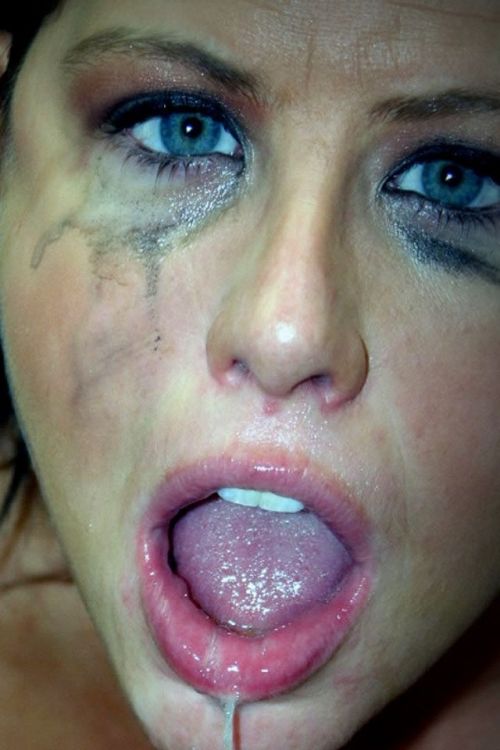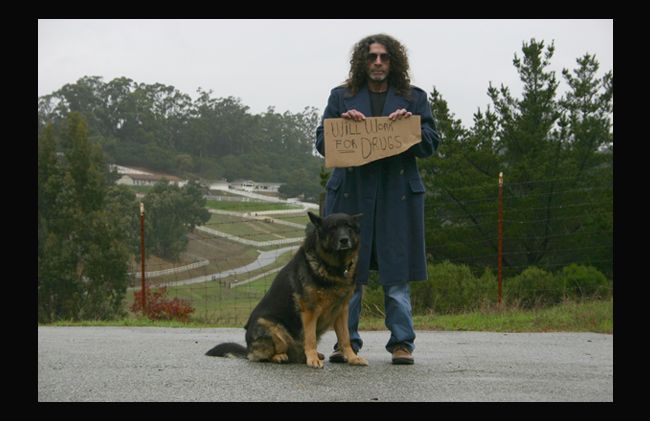My comments on Achilles tendon ruptures:
The cause is most likely jumping down from box jumps onto the ball of the foot, then immediately jumping back up. Stepping down is the way to training longevity, which would mean it is anti-@F.
@F lives in the land of inducing high cortisol, particularly raising the cortisol levels at night when the body should be repairing itself:
http://www.cortisolconnection.com/ch6_9.php
In experimental studies, cortisol has been shown to decrease levels of connective-tissue growth factors and inhibit the activity of bone-building cells (osteoblasts), muscle-building cells (satellite cells), and cartilage-building cells (chondrocytes). So here we have a situation in which excess cortisol levels not only accelerate the breakdown of connective tissues, but also interfere with the biochemical process of building and repairing those same tissues.
History of Cipro (or other quinolone antibiotic use) or cortisone injections to the area are known to weaken the tendon:
http://www.achillestendon.com/Injuries.html
Medication Side Effects
* The quinolone group of antibiotics are used to treat a wide range of bacterial infections, but weaken some people’s tendons. The weakness is most often felt in the Achilles tendon because it is one of the largest and most heavily used tendons. The weakness may be felt as Achilles tendon soreness, or if it is severe enough, can lead to a rupture. Ciprofloxacin (Cipro®, Baycip®, Cetraxal®, Ciflox®, Cifran®, Ciplox®, Cyprobay®, Quintor®) is an often prescribed member of the quinolone group. In addition to treating bacterial infections, especially urinary infections, it is also used to treat Anthrax inhalation.
* Cortisone can make a weakened Achilles tendon feel too comfortable. A patient who has received cortisone shots in or near the Achilles tendon may be able to overly stretch or strain their Achilles tendon without any pain – until they stretch or strain it to the point of rupture. Cortisone steroids should not be confused with anabolic steroids, which have a separate set of risks.
Other pertinent info from that same link:
Partial and full Achilles tendon ruptures are most likely to occur in sports requiring sudden stretching, such as sprinting and racquet sports. Partial Achilles tendon tears are also common among middle and long distance runners. Achilles tendon ruptures can happen to anyone, but are most likely to occur to middle age athletes who have not been training or who have been doing relatively little training.
Why So Many Achilles Tendon Injuries?
It is not yet known why the Achilles tendon is especially susceptible to degeneration. Some believe that it may be due to the whipping action or bowstring effect caused by ankle pronation, some believe it is the Achilles tendon's relatively weak blood supply, and some believe that it may be the combination and frequency of eccentric shortening when the heel hits the ground followed rapidly by concentric contraction when the toes push off. More research would be helpful.
@Fers should be happy now. They are FINALLY contributing to some needed research on Achilles tendon rupture!
Considering how many people are participating in the Gaymes, how many have any combo of:
- High cortisol levels
- History of Cipro
- History of cortisone injections for Achilles tendonitis, particularly returning to athletics immediately or soon after the injection
- History of oral corticosteroids
- Box jumping with jumping down at high reps (eccentric rapidly followed by concentric)
- Have valgus collapse (knees cave inward due to foot pronation) at the bottom of high impact, high fatigue activities like box jumps in an @F workout
- Middle-aged folks returning to athletic activities too intensely, too quickly (isn't that their target market?!?)
Honestly, I don't think @F will ever publish any actual studies as no IRB would say that this is safe or healthy.









